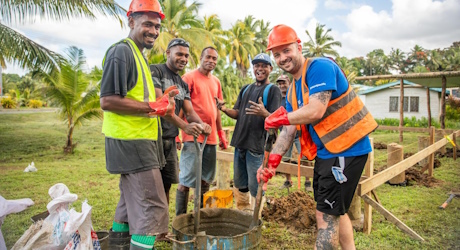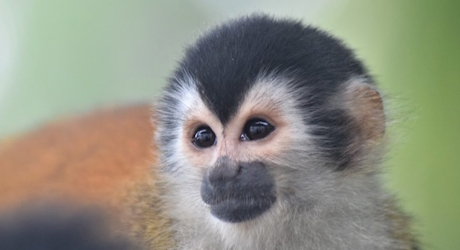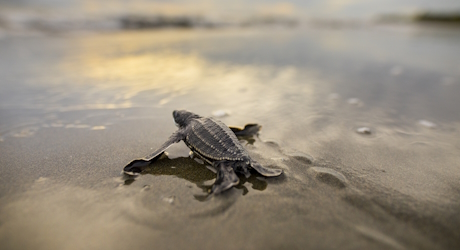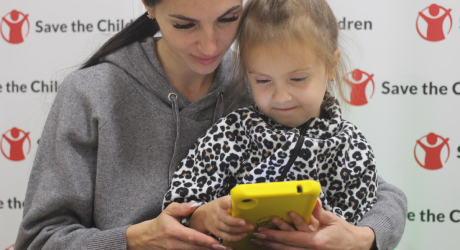Regina heats water to soften dried meat at their home in the village in Eastern Equatoria. Her husband, Simon, relates that he was unable to farm this year due to illness, of which he says, “Alas, it has caused me problems,” leaving himself and his wife and their children in a precarious position.
Unemployed, he says, “You find any opportunity out there, and you make small money and you buy food for the children. I hustle and I take any small, small jobs I can find. If wasn't sick, I would have been able to farm, and I would have food.” At times, when he cannot find work, he is forced to borrow: "I find somebody who had a good harvest and borrow from them. If I took a bowl, I return a bowl, if I took ten bowls I return 10 bowls." Simon received sorghum, vegetable and maize seeds to plant during a Plan International distribution. Asked what he will do with his future harvest, he replies, “Why would anyone in their right mind eat everything? You eat some, and you keep some. I will do my best, and whatever God blesses us with we will use it, and we will keep some. But I have no guarantee.” What's next?
Over the coming year Plan will: - Work with Food and Agriculture (FAO) to distribute seeds, tools, fishing equipment to help communities affected by conflict and natural disasters;
- Implement emergency response and early recovery activities in partnership with UNDP and other agencies within the current areas of operation;
- Work with WFP to provide food aid to returnees to the country, internally displaced people (IDPs) and other vulnerable people to help restore their food security and fulfil their nutrition needs.
Can I visit this project?No. It is not feasible to visit this project. |







